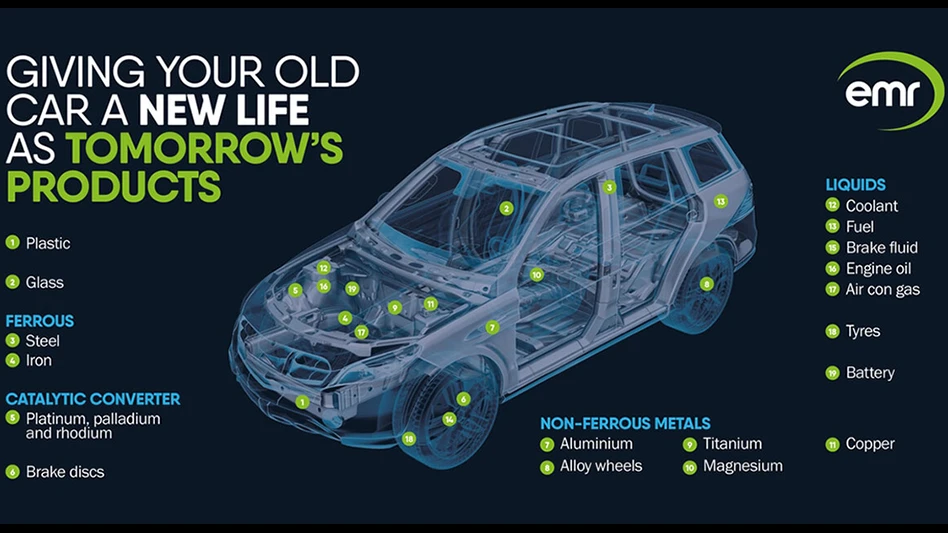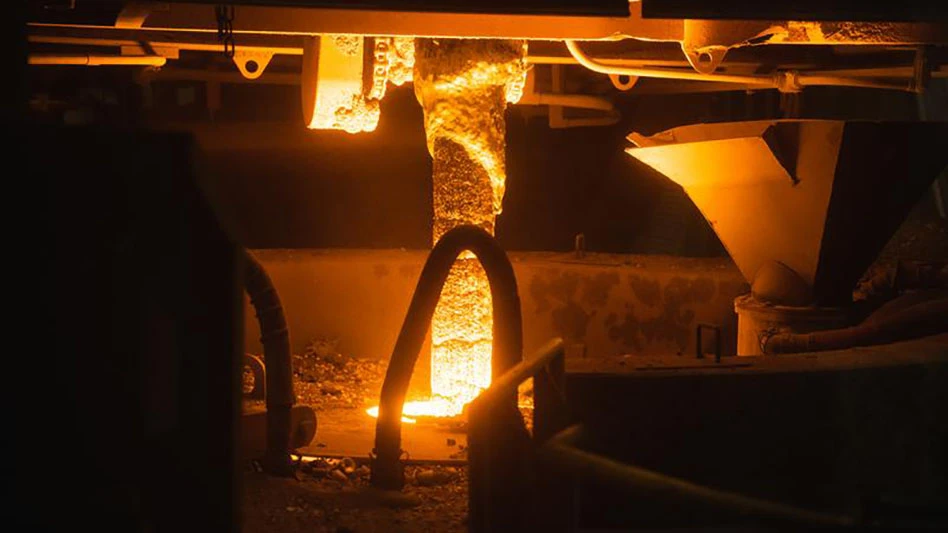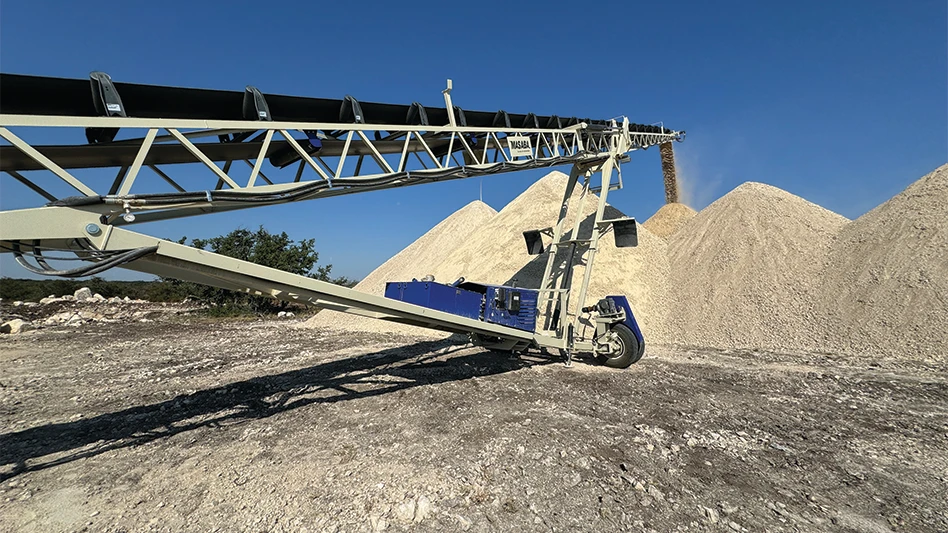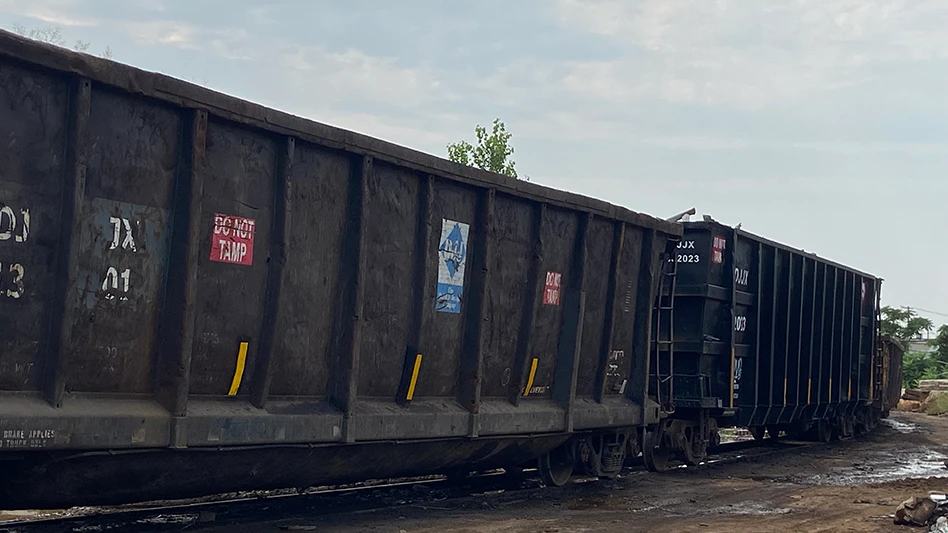
Graphic courtesy of EMR Ltd.
In North America, while electric vehicle (EV) sales are exhibiting growth, the pace of market share change in Europe from internal combustion engine (ICE) vehicles to EVs appears to be steadier.
Automakers in the United States and Canada in the past several months have made decisions to scale back on some EV manufacturing investments announced within the past two years as they examine ICE versus EV model sales that give them pause.
In Europe, the Brussels-based European Automobile Manufacturers’ Association (ACEA) says overall new passenger car registrations grew in January of this year by more than 11 percent compared with January 2023.
Within that market, 10.9 percent of the newly registered cars were classified as battery electric vehicles (BEVs) while another 29 percent were classified as hybrid-electric vehicles. That compares with a 9.5 percent figure for BEVs sold in Europe one year earlier.
According to the ACEA, month-on-month BEV sales rose by nearly 29 percent to more than 92,700 units this January compared with December of 2023 while hybrid-electric car sales increased by 23.5 percent month on month.
In former EU member nation the United Kingdom, Alexander Thompson, an innovation project manager at EMR Ltd., says auto recyclers and shredder operators are confronting the challenge of how to effectively and efficiently recycle EV and hybrid vehicle batteries.
“Recycling these batteries is an essential element of making EVs sustainable, as they contain critical materials such as lithium, cobalt, nickel, manganese and graphite,” Thompson writes in a February essay. “They also provide a rich source of steel, aluminum and copper.”
Thompson says bulk shredding these batteries as soon as they arrive on-site is one option while EMR and some other firms have focused on dismantling these units first, finding opportunities for reuse and remanufacturing.
The EMR staff members says recycling firms in the U.K. and beyond “have a decade or more to wait until EVs begin to arrive with ELV recyclers at scale, [so] the industry has some time to get it right.”
Thompson also addresses the highly flammable nature of some EV batteries, remarking that could be a factor in favor of dismantling and repurposing.
“Over the past three years, EMR has been working with car manufacturers, energy companies and academics on Recovas, a project to reuse, remanufacture and recycle EV batteries,” Thompson says.
Part of that work involves exploring how the design of these vehicles can be adapted to make disassembly and reuse easier, faster and less carbon intensive.
“Personally, I believe that, as the industry continues to invest in these two models, there will inevitably be a level of convergence," Thompson says. "The advanced separation techniques developed by the those working on bulk shredding systems will improve the efficiency and effectiveness of recycling for projects such as Recovas.
"At the same time, working with the automotive industry to make battery units easier to disassemble could allow those working on bulk shredding systems to integrate an element of reuse into their process, enabling the highest performing EV batteries to have a second useful life.”
Latest from Recycling Today
- Van Dyk hires plastics industry vet to expand footprint in PRF sector
- Li-Cycle closes $475M loan with DOE
- Report highlights consumer knowledge gaps in lithium battery recycling
- AMP names CEO
- Cascades’ containerboard business drives Q3 results
- MRF Operations Forum 2024: Ensuring plants age gracefully
- Oregon DEQ rejects CAA’s second draft plan
- Establishing an e-scrap standard





